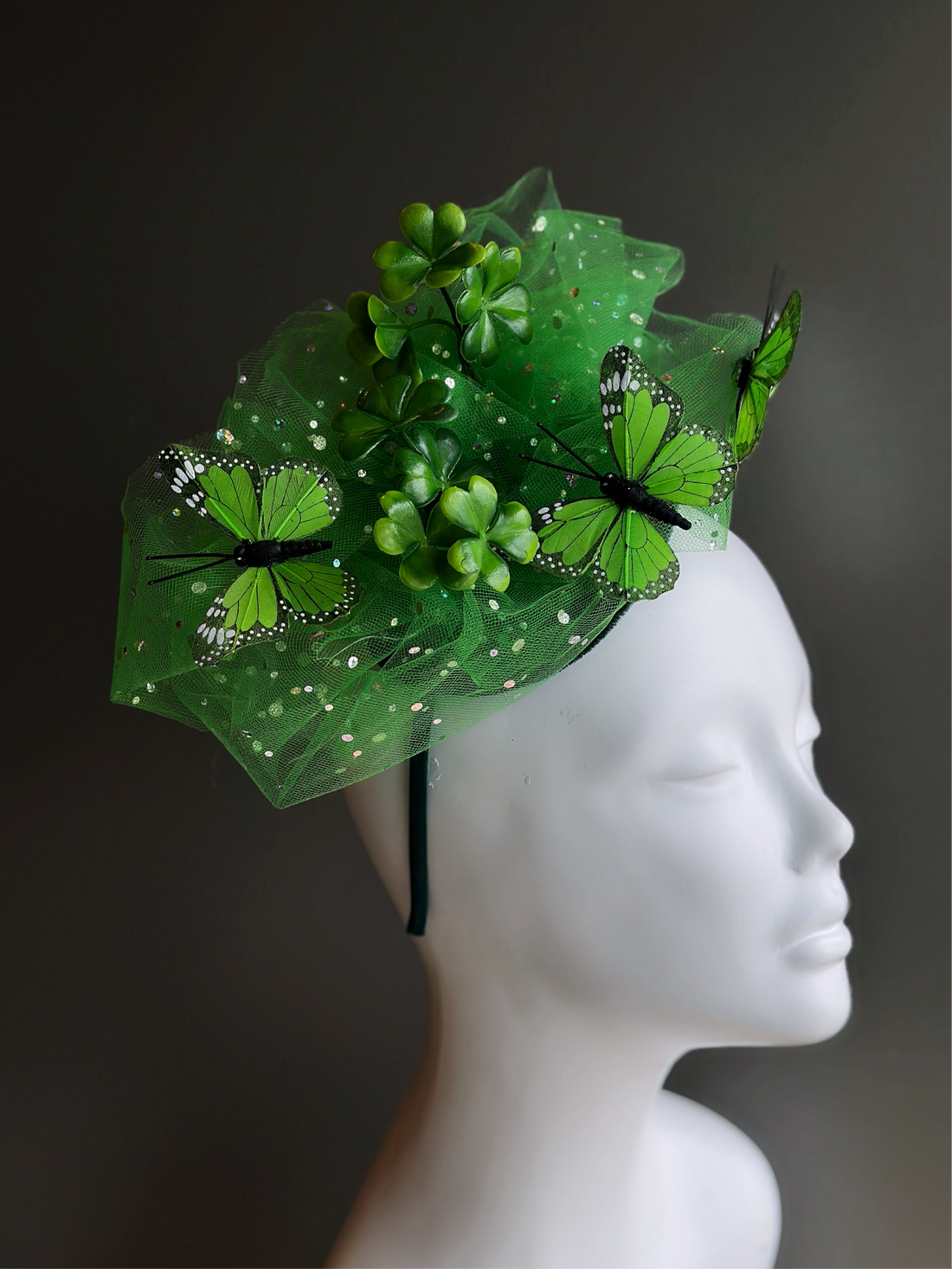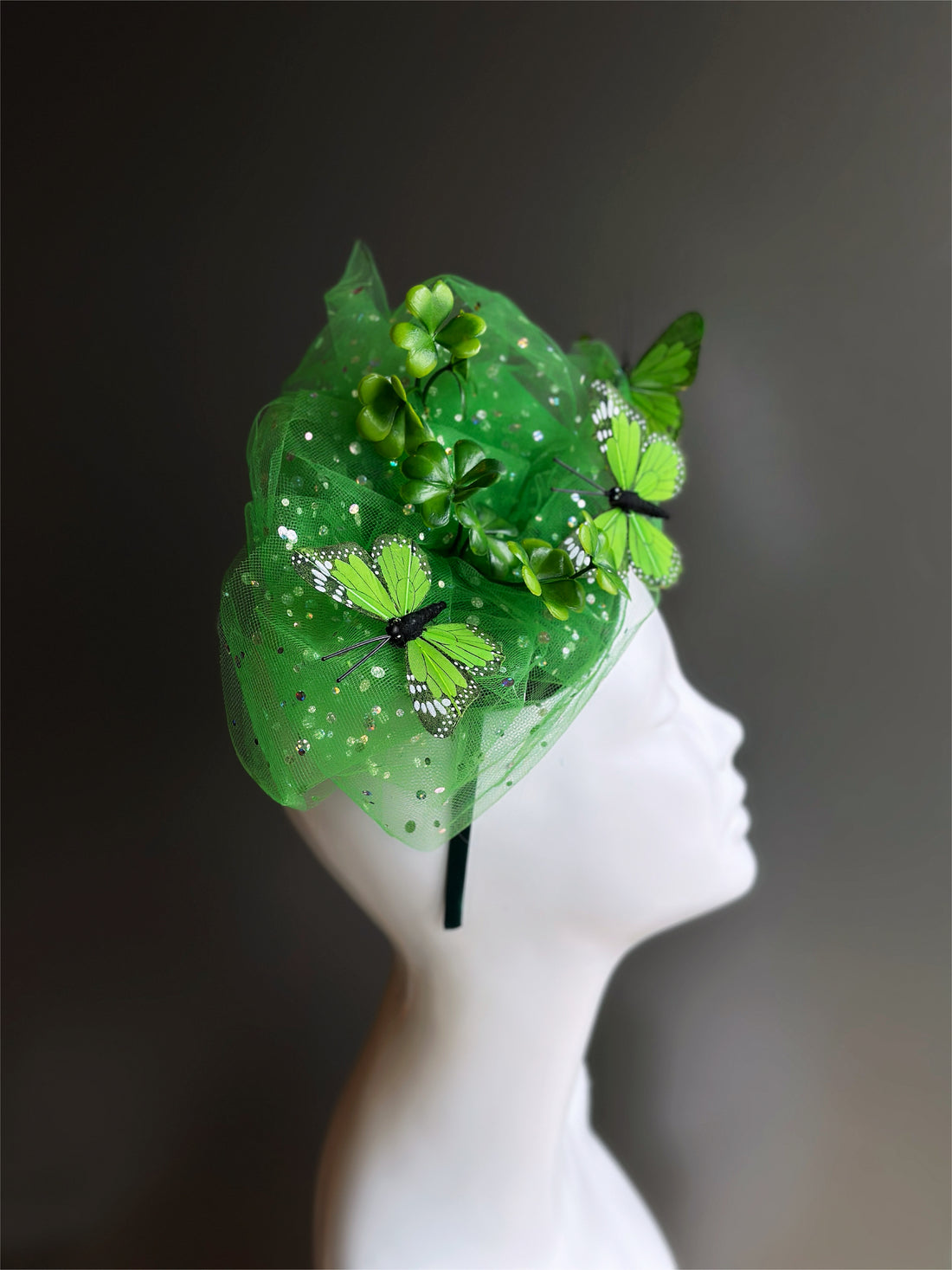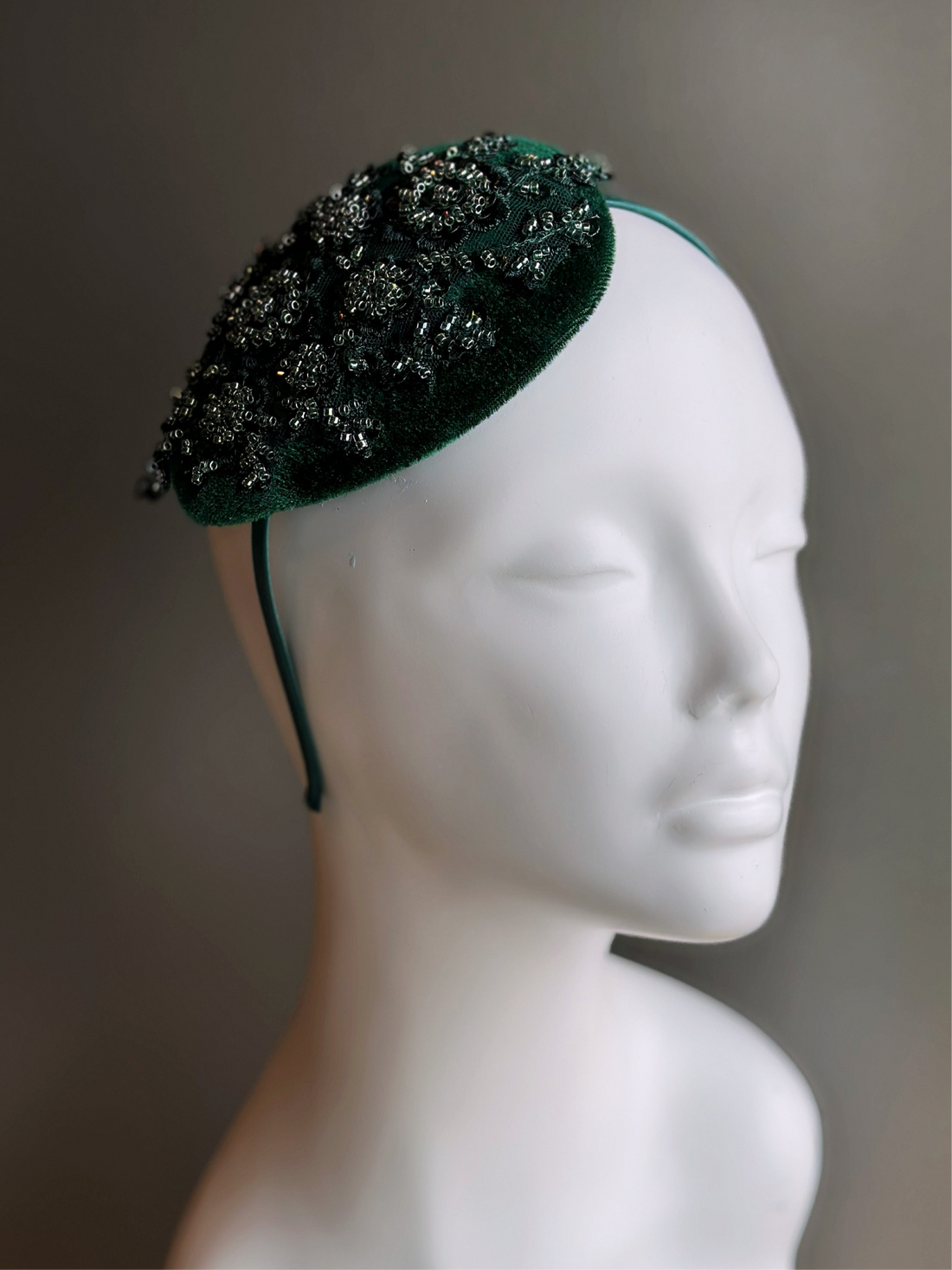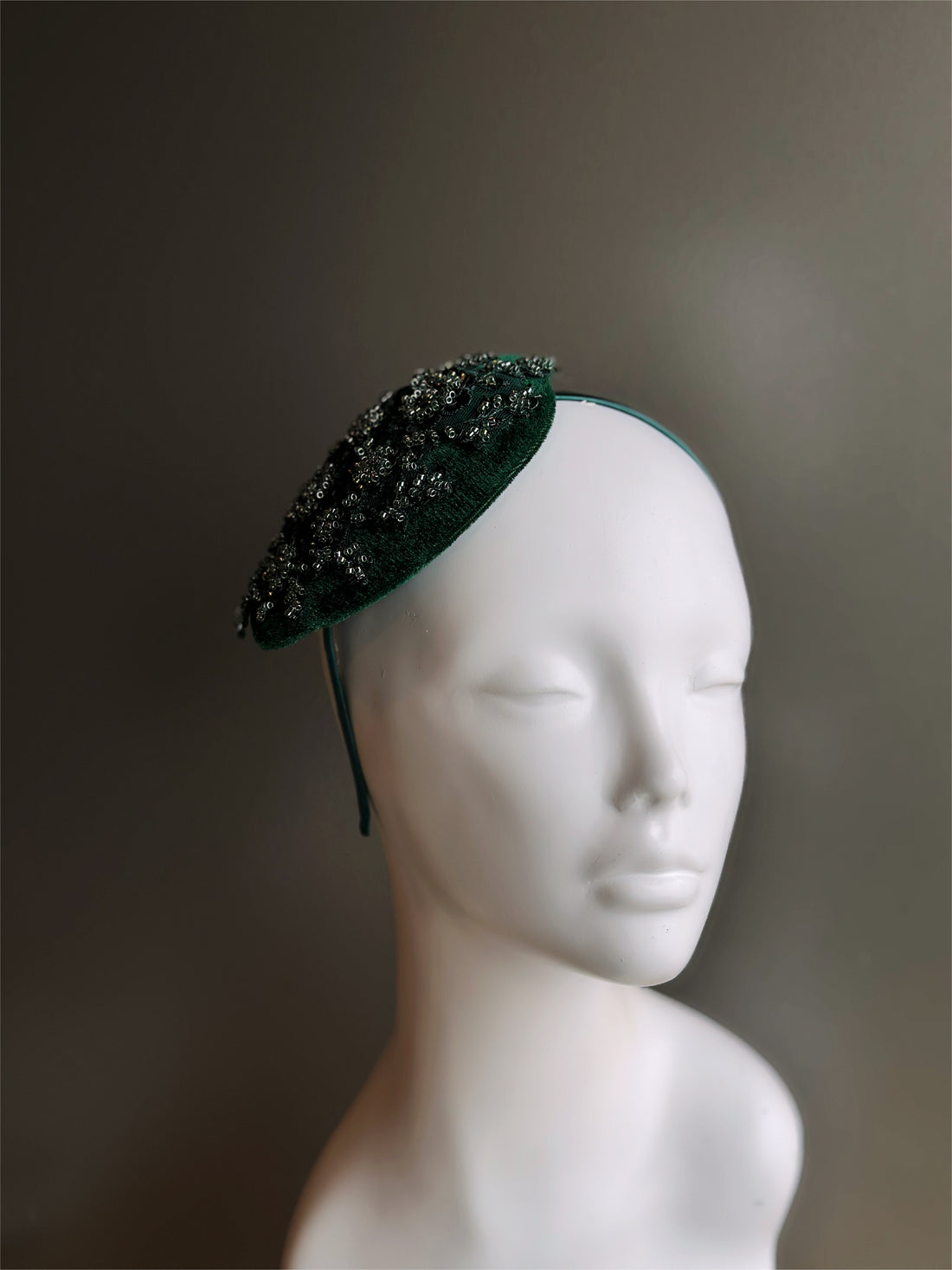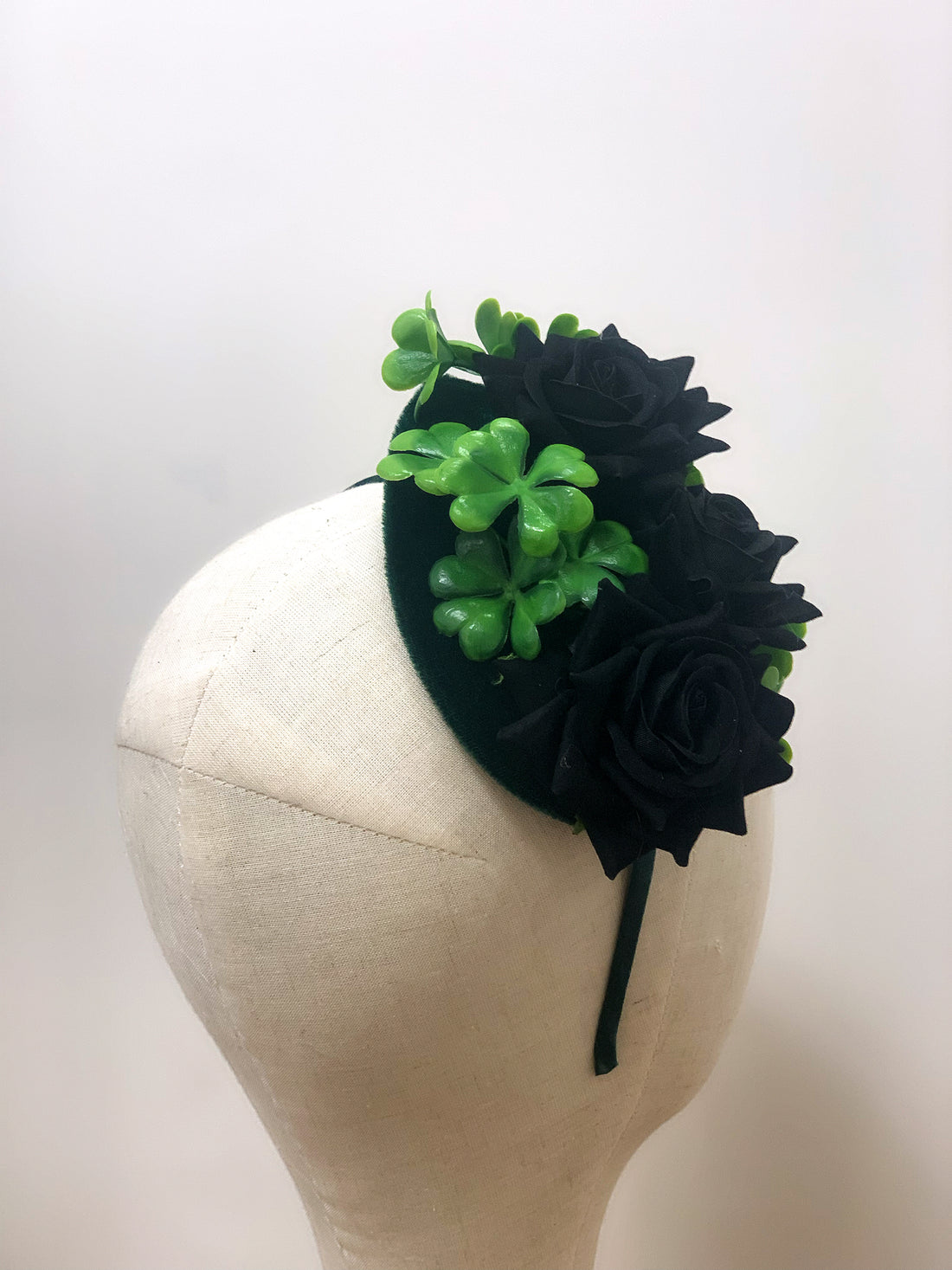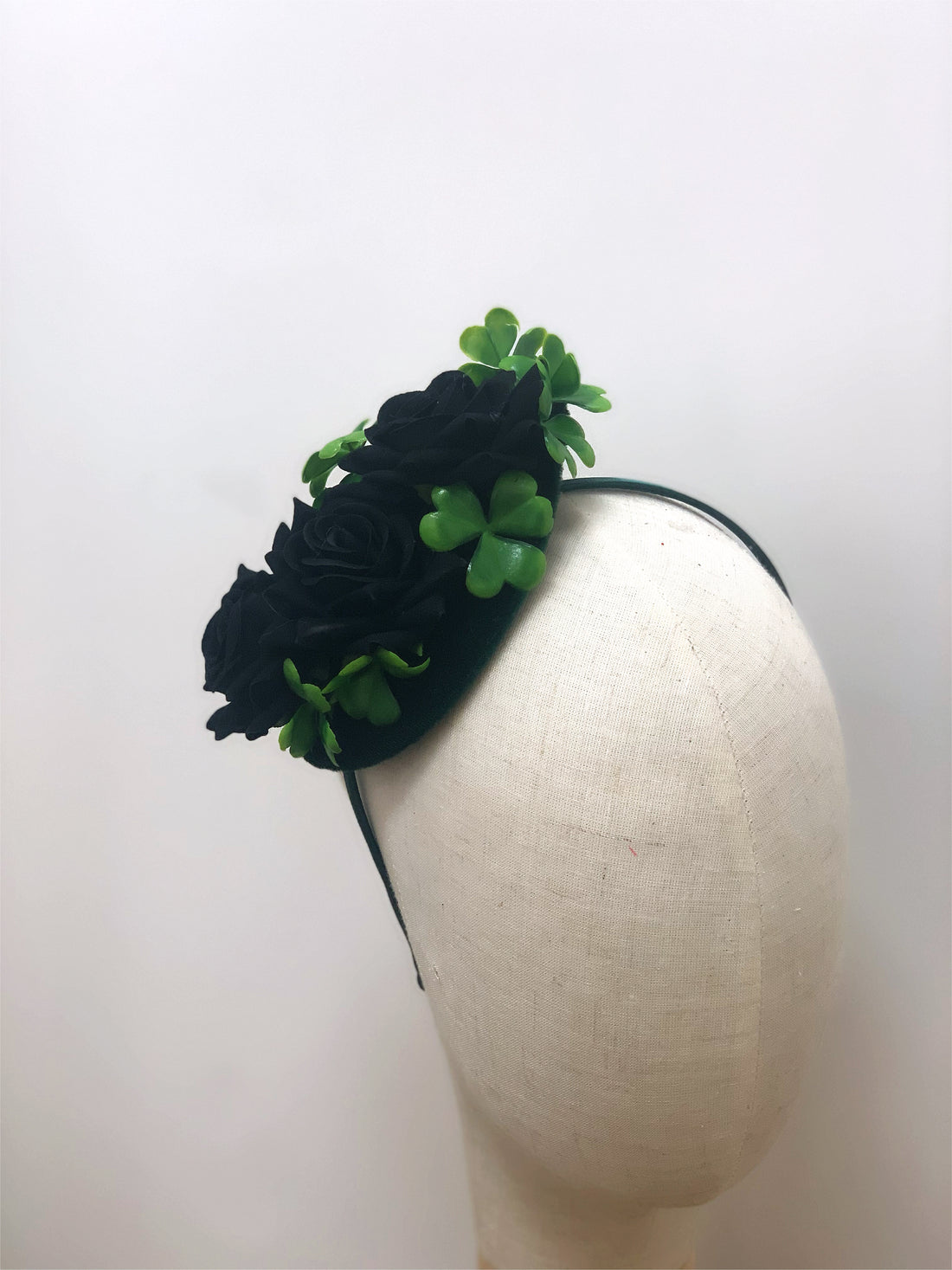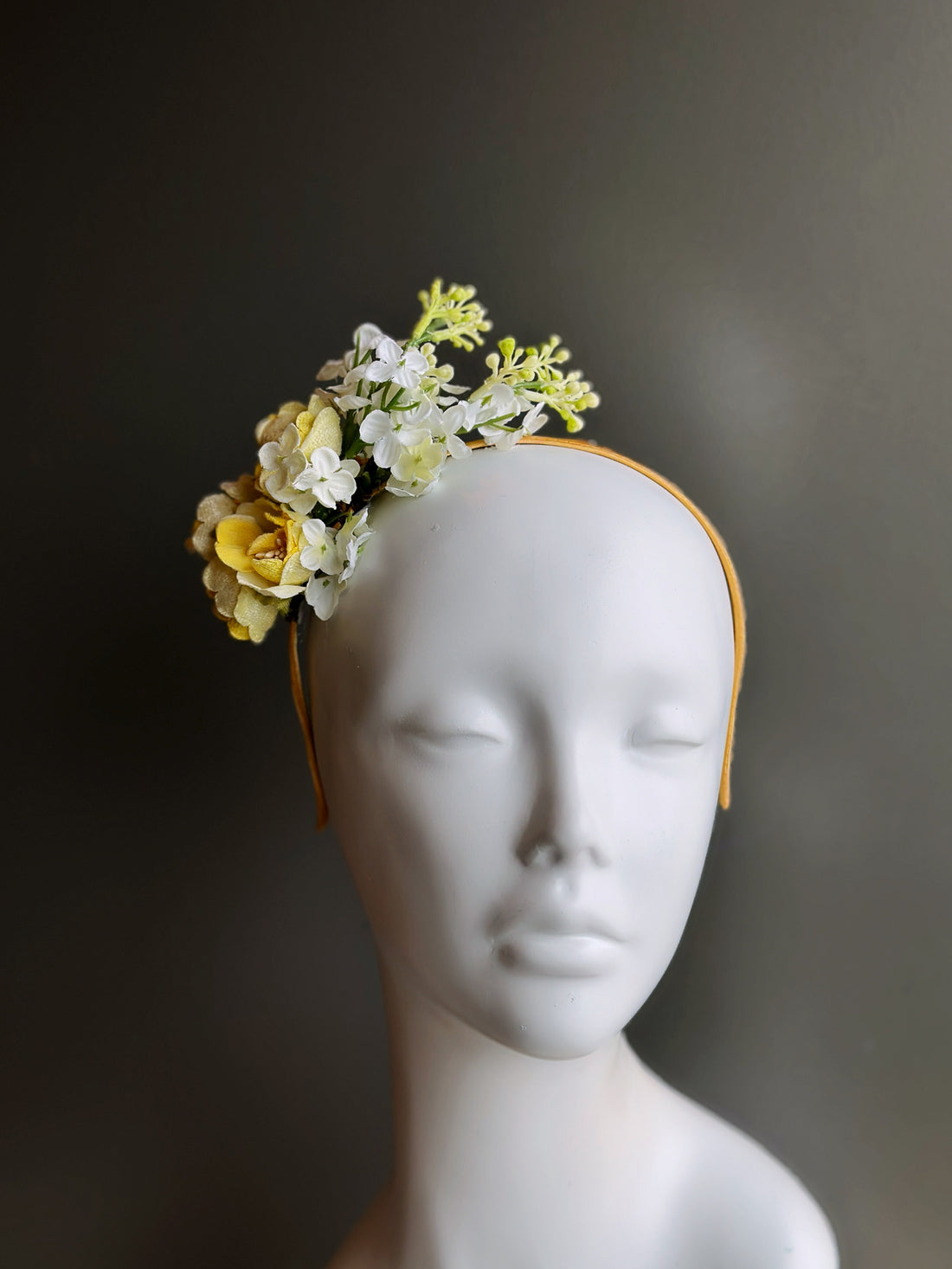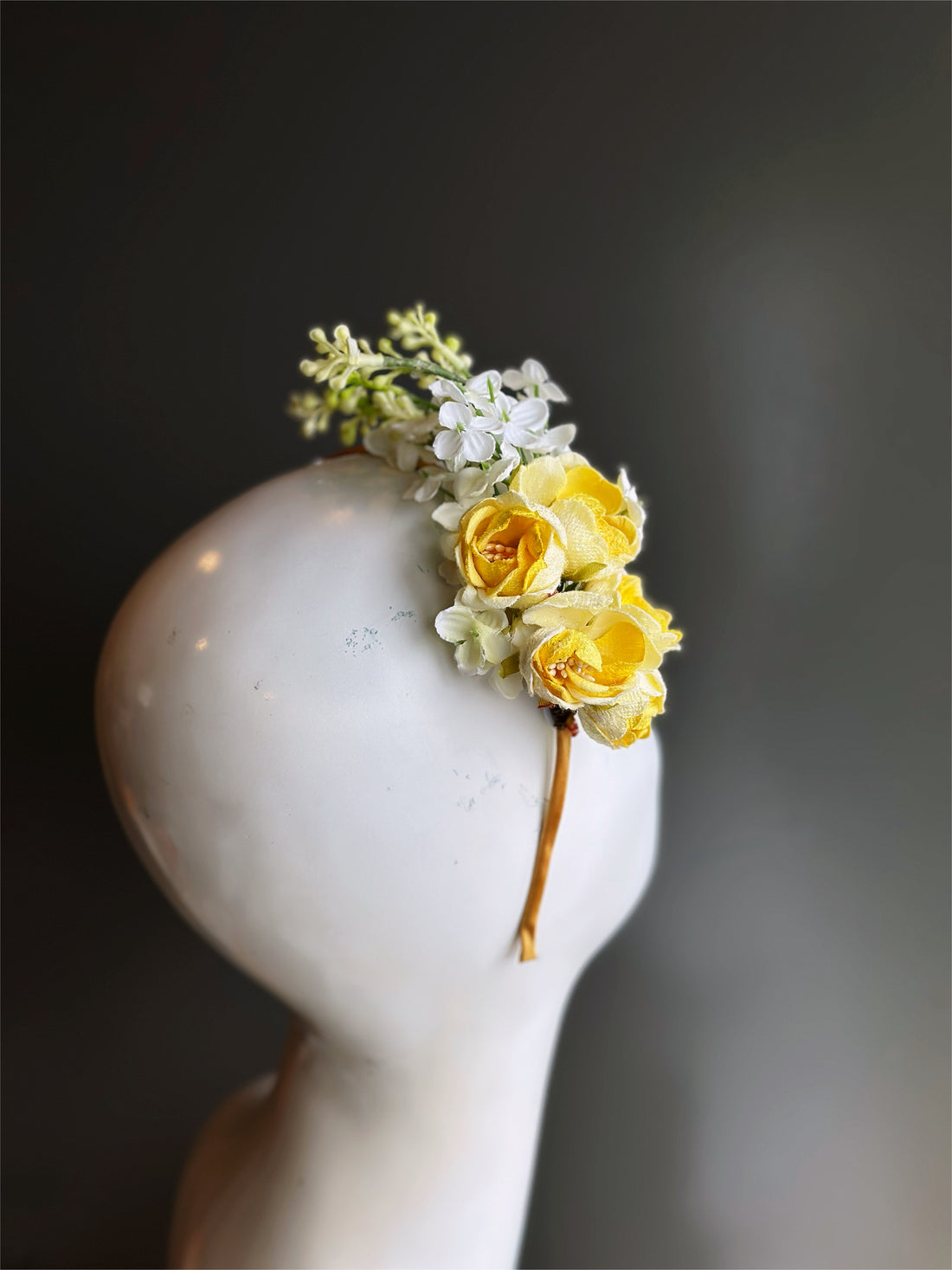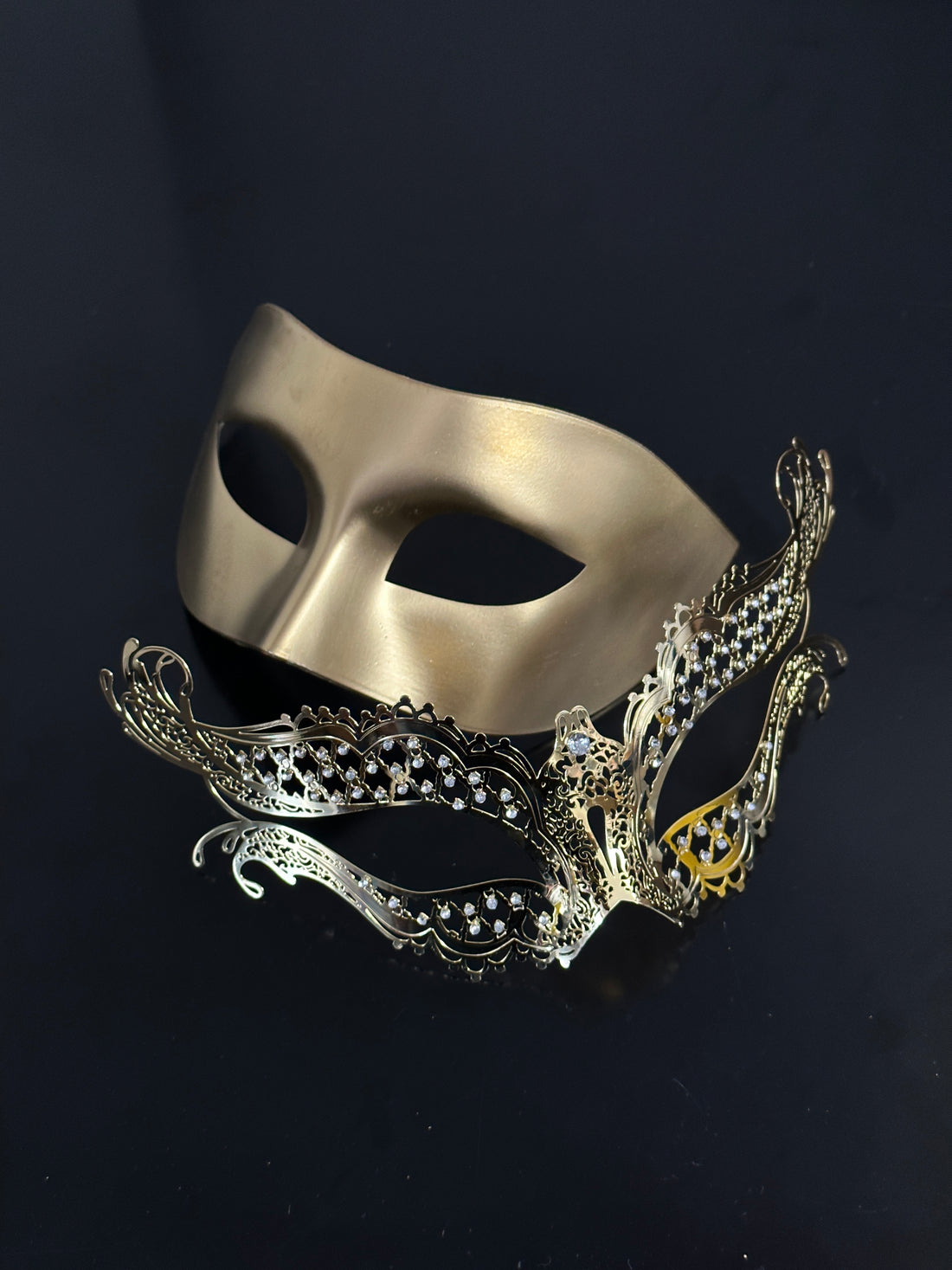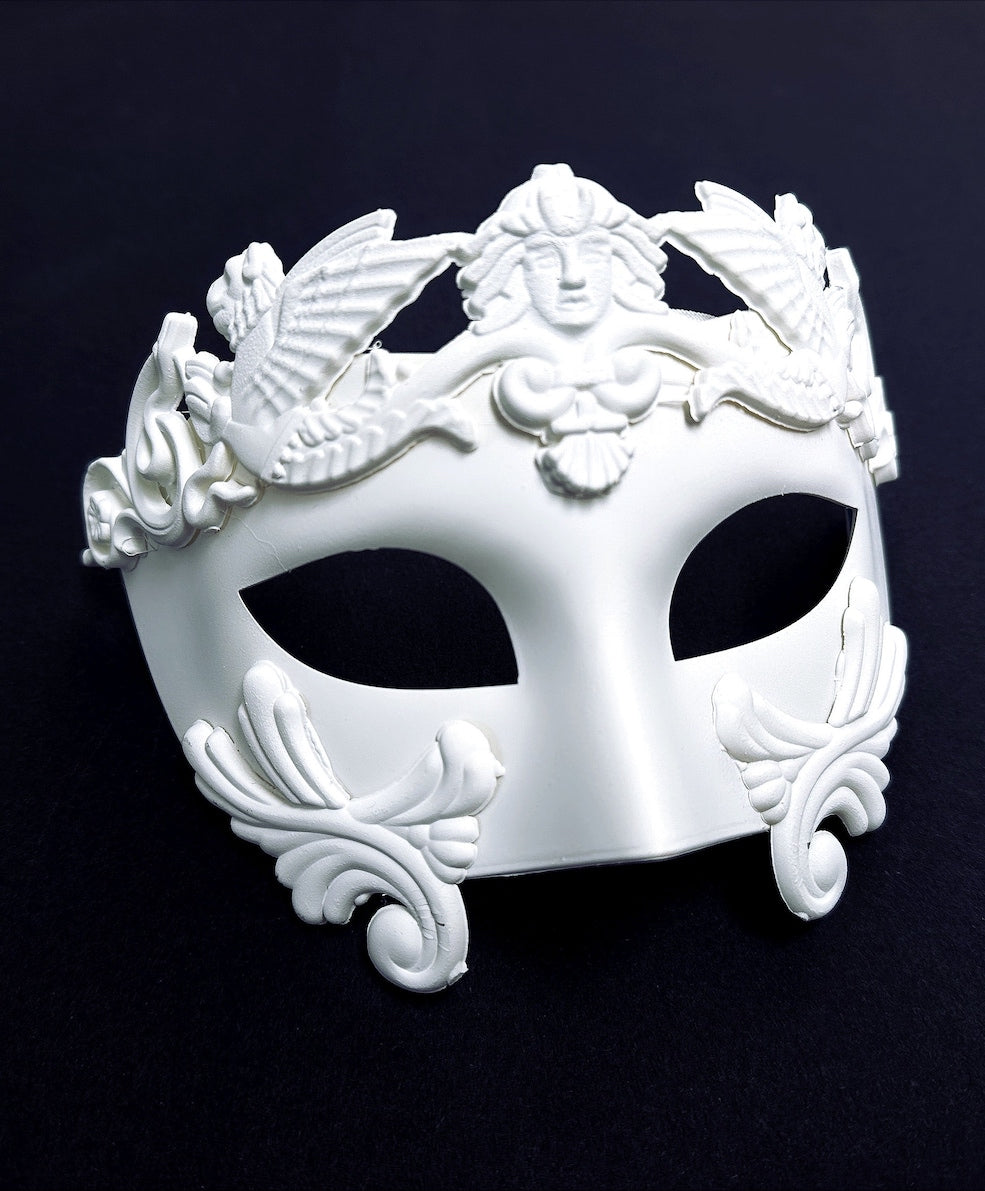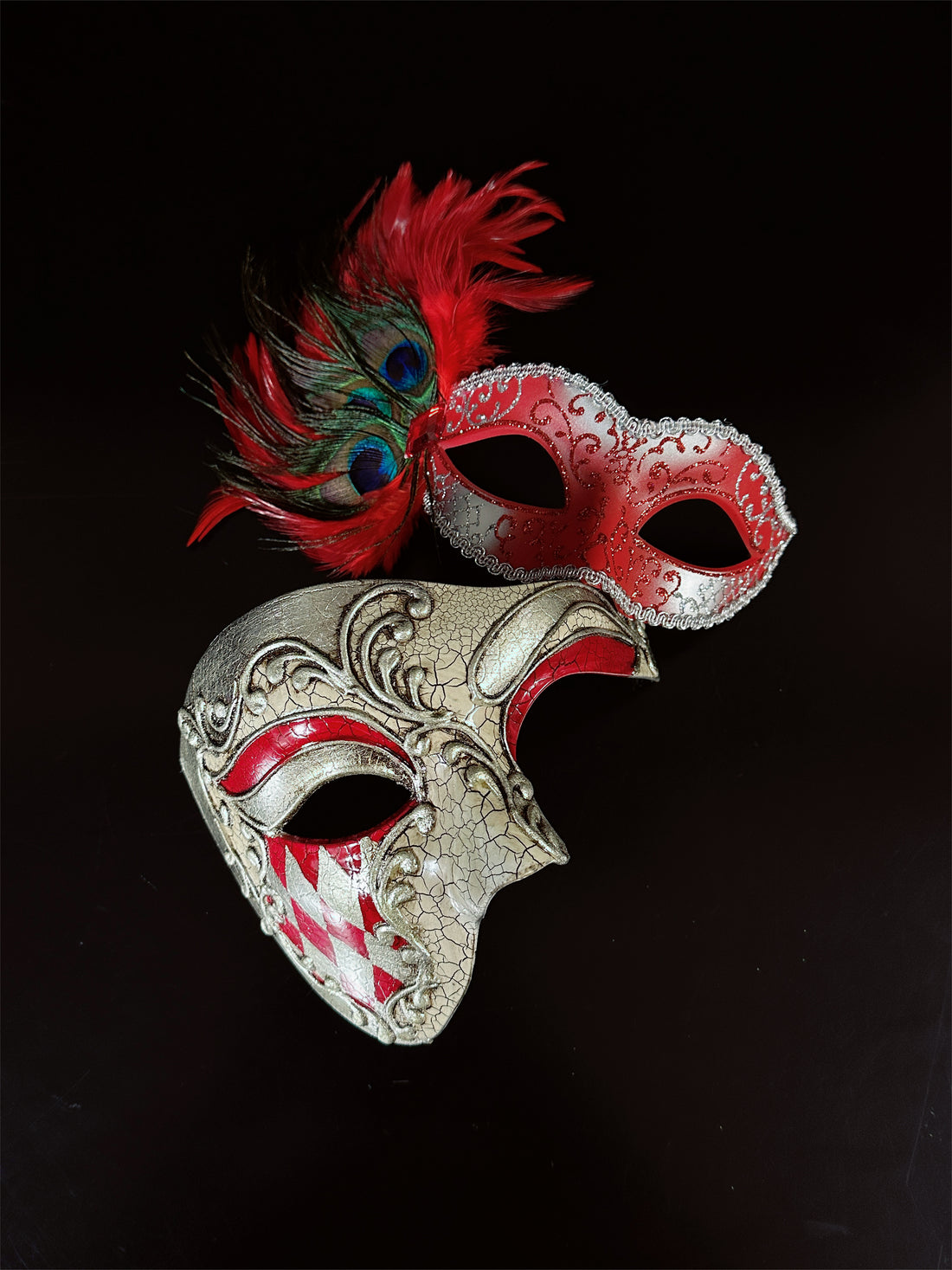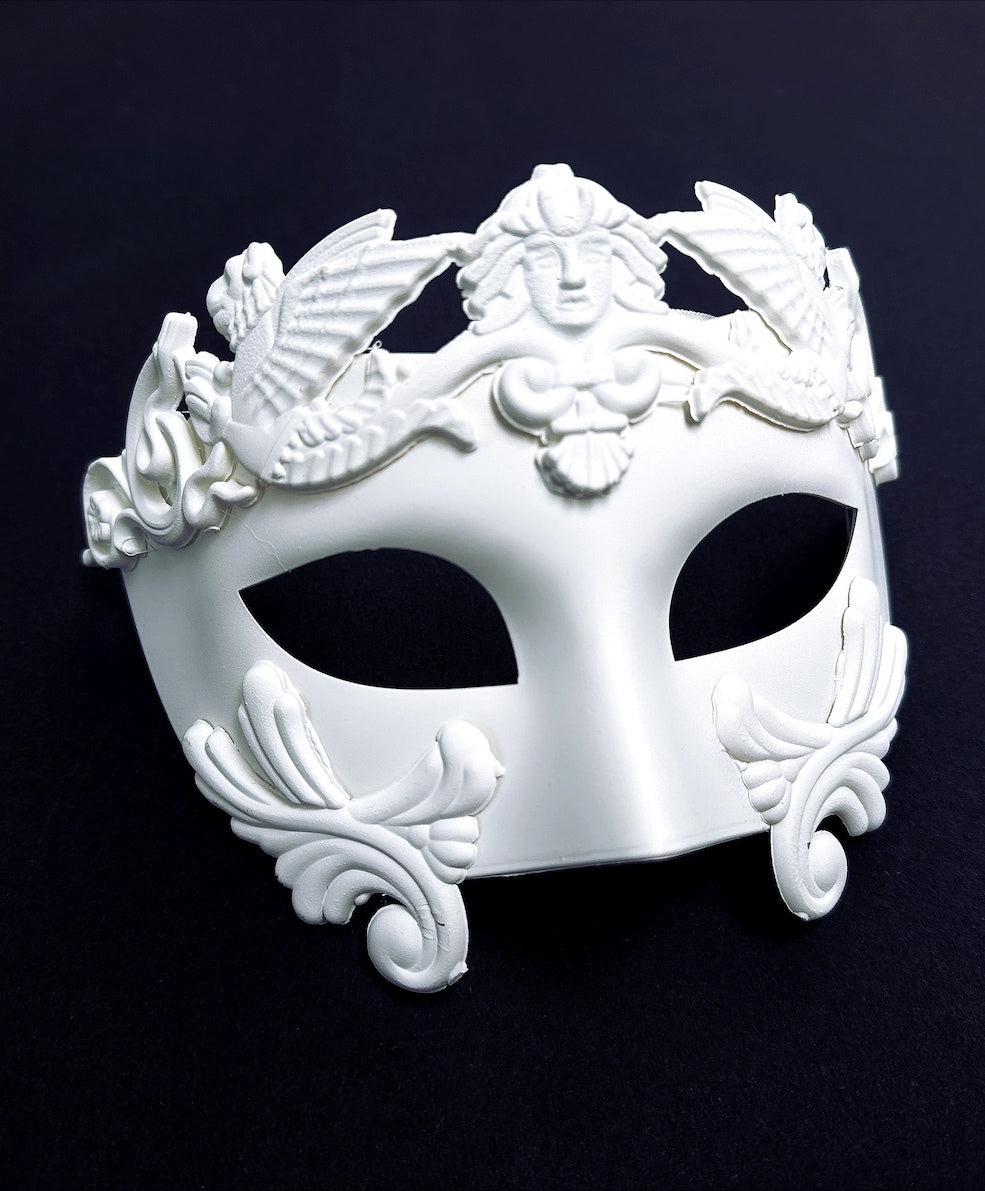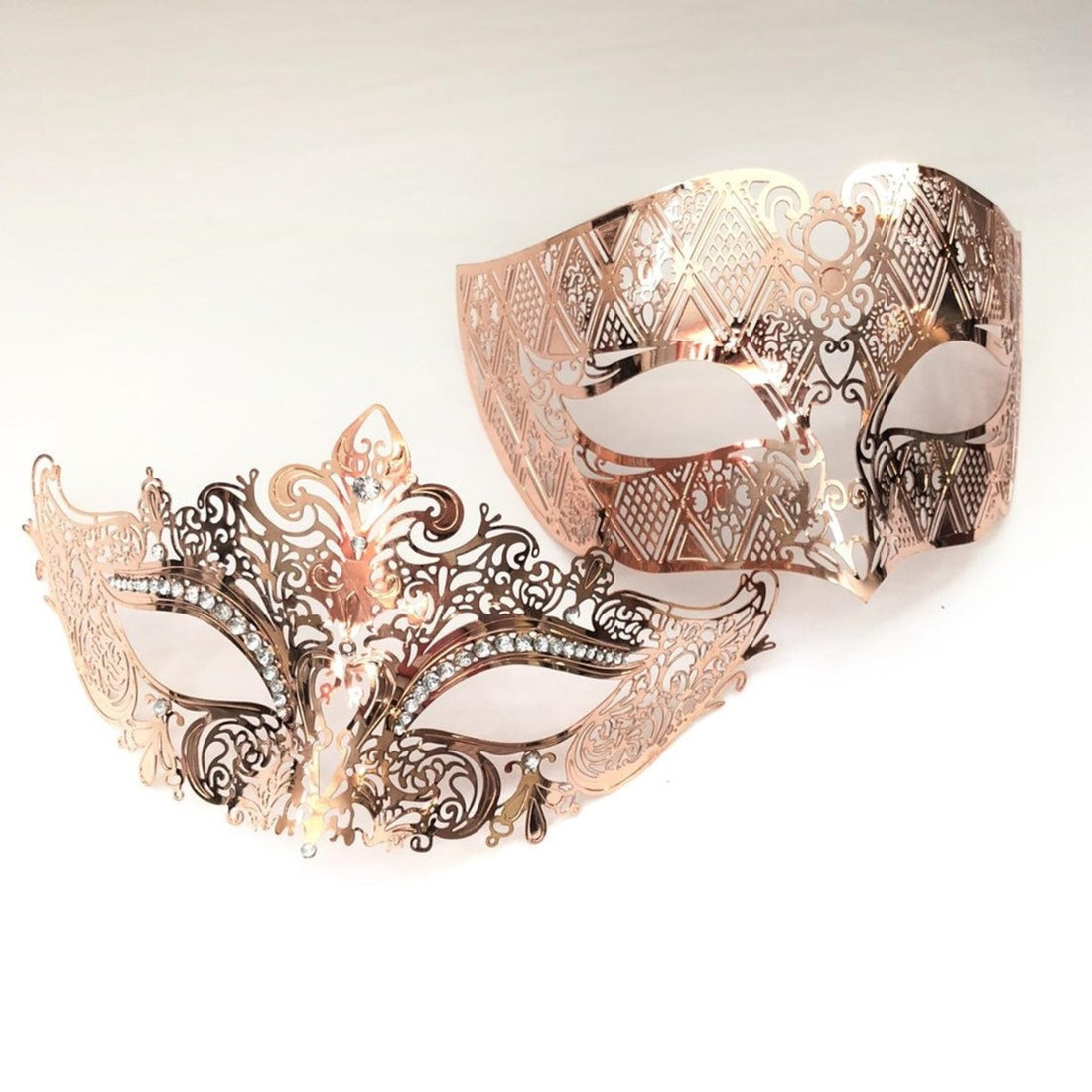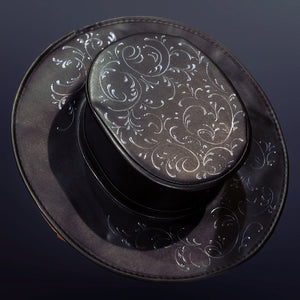Grey Plague Mask - Filigree
PD2404
- Regular price
-
$75.00 - Regular price
-
- Sale price
-
$75.00
Couldn't load pickup availability
- Visa
- Master
- Apple pay
- Paypal
- Google pay
- Shopify pay
- Discover
- Diners club
- American express
- Amazon pay
Pairs well with
This black steampunk plague mask features striking red filigree details, riveted accents, and vintage-style goggles. Perfect for Halloween, masquerades, or steampunk-themed events, the intricate design blends gothic and industrial aesthetics, making it a standout costume accessory. The bold black finish with red embellishments ensures you'll capture attention at any event. Ideal for those seeking a dark and mysterious look.
- Age Group/Gender - Adult/Unisex
- Size/Type - One size fits all adults
- Mask Color - Black
- Mask Material - Faux Leather
- Accent Material - Paint
All masks include ribbons or elastic bands, except handheld stick masks.
FREE SHIPPING
FREE SHIPPING on all US orders! For overnight and express delivery. add products to your cart and use the Shipping Calculator to see the shipping price.
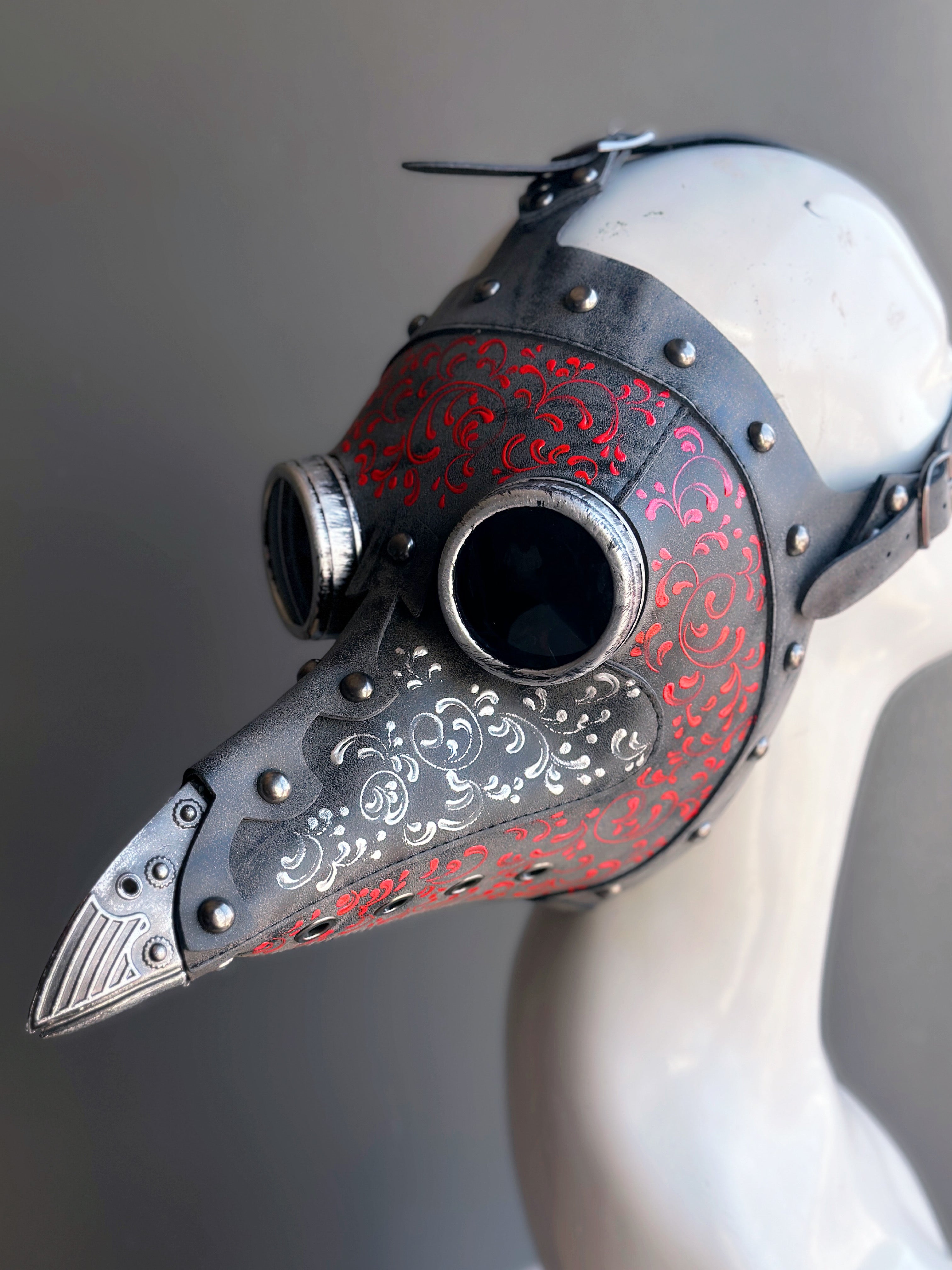
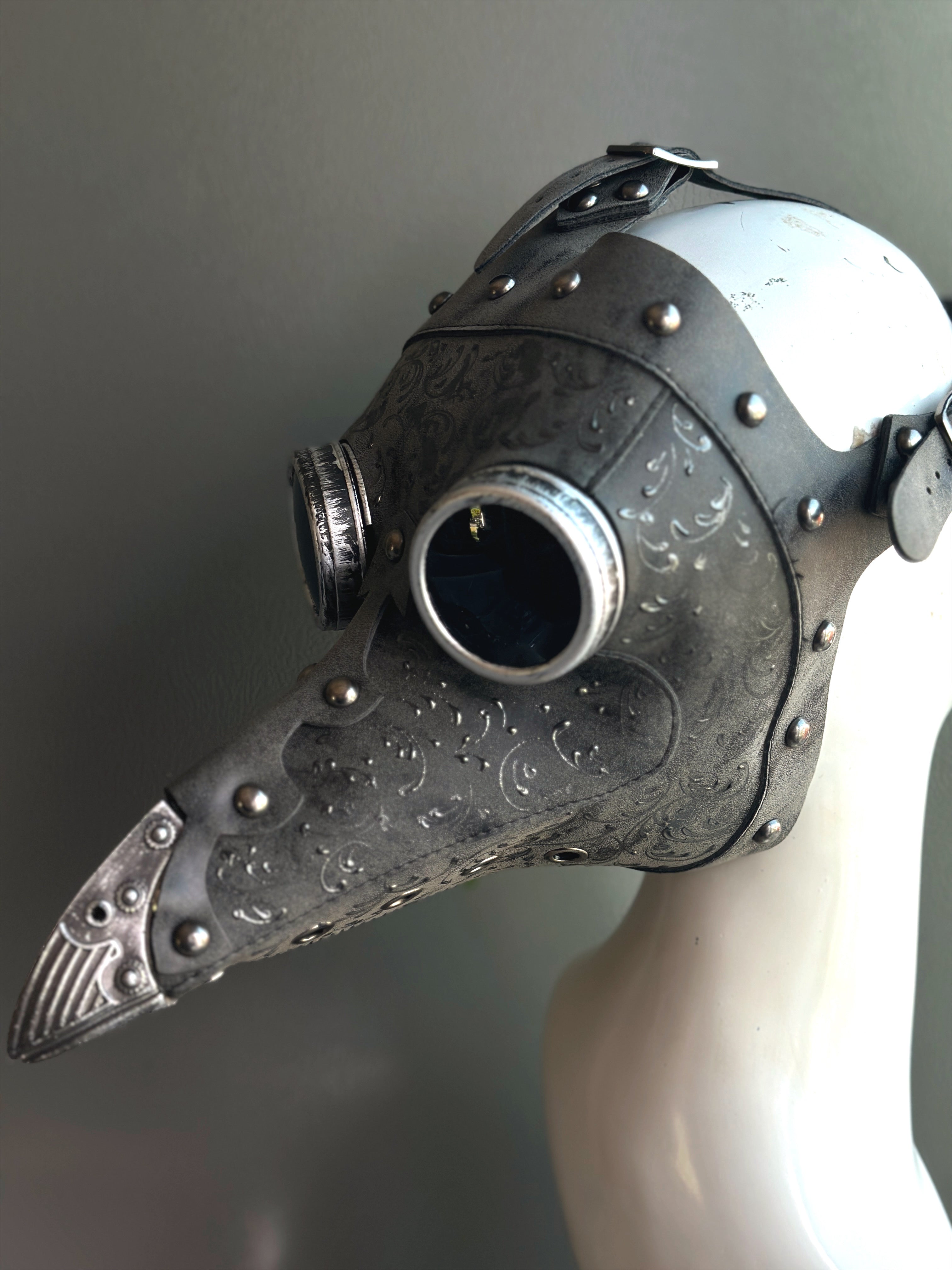
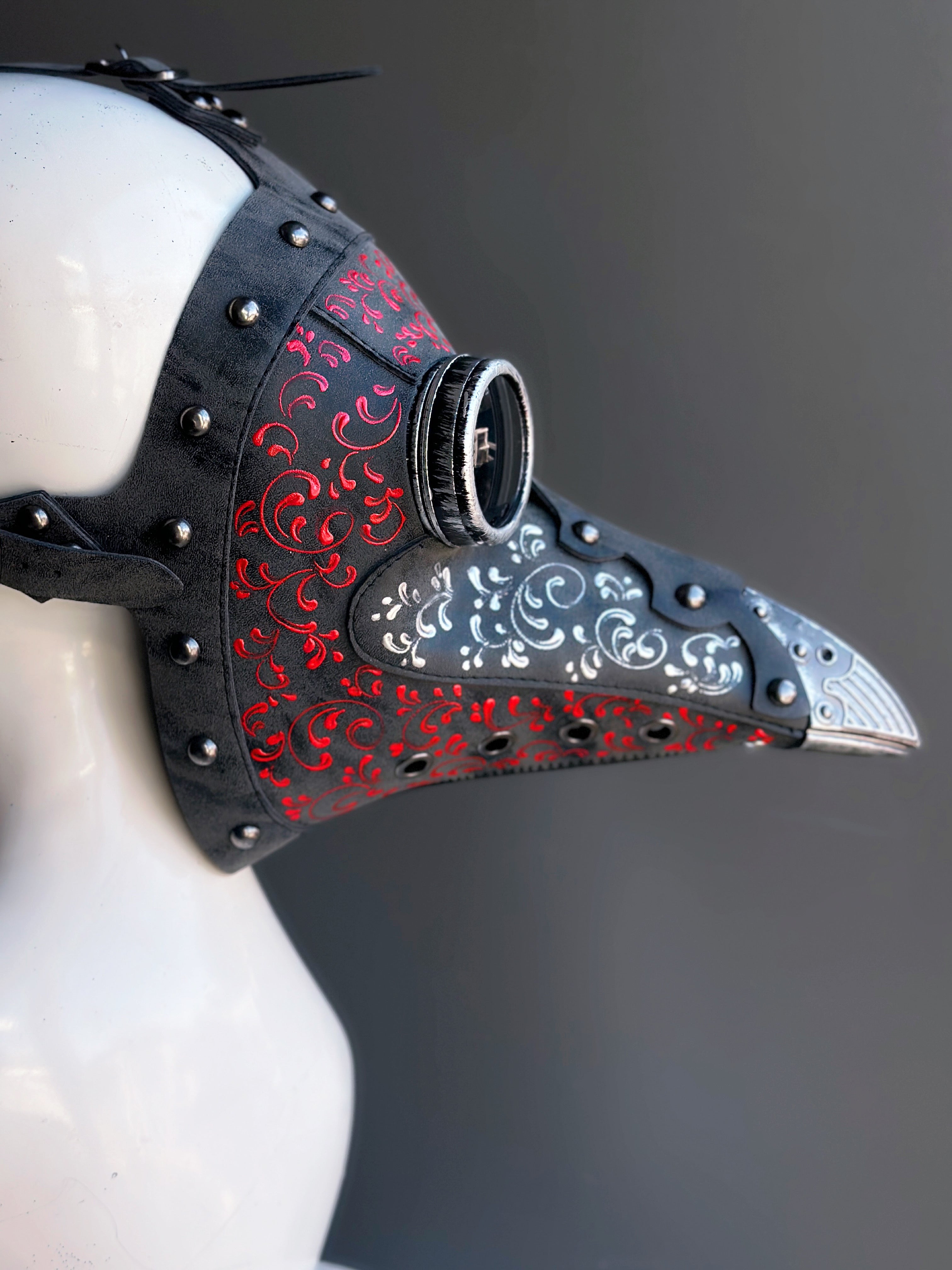
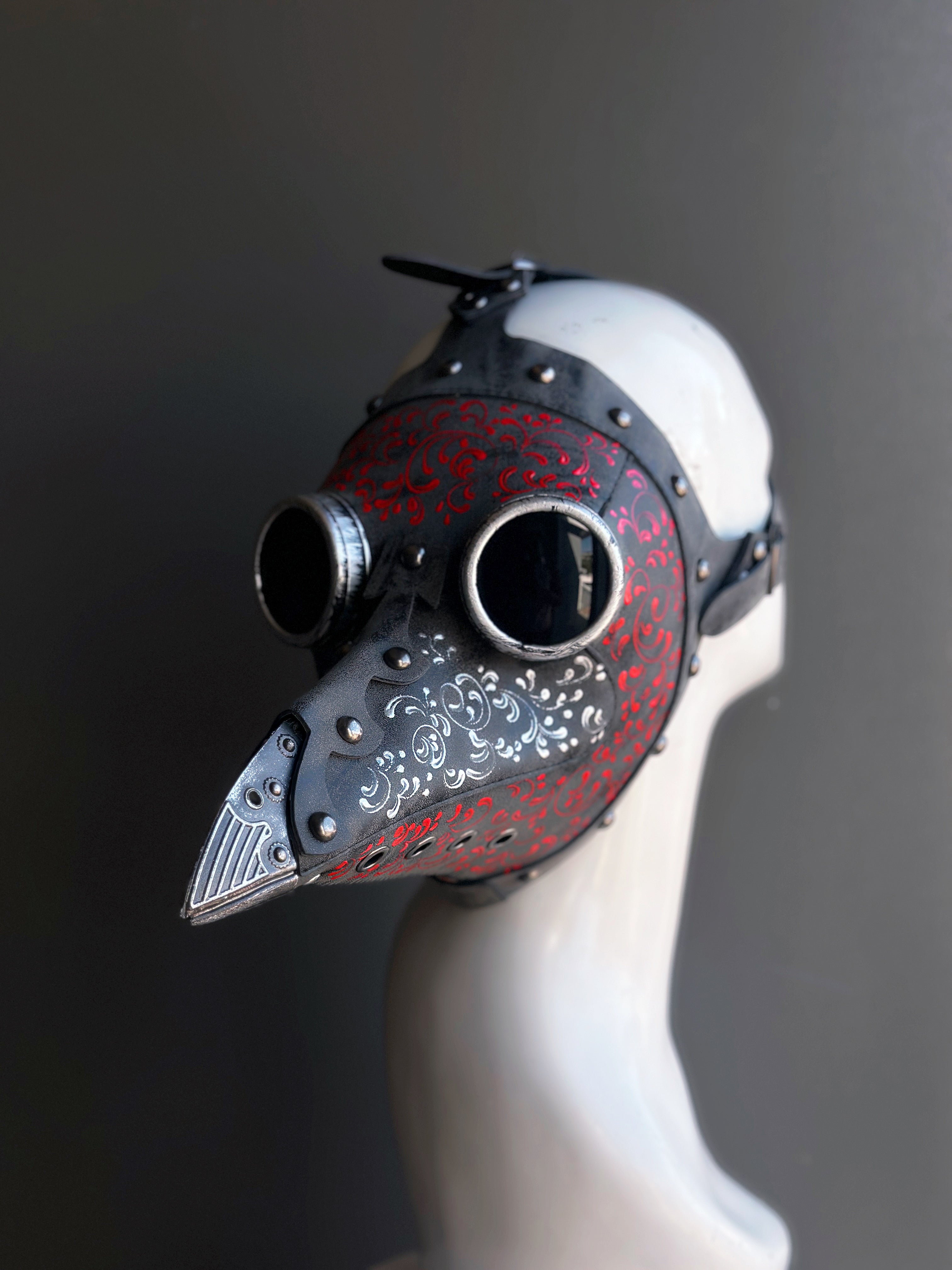
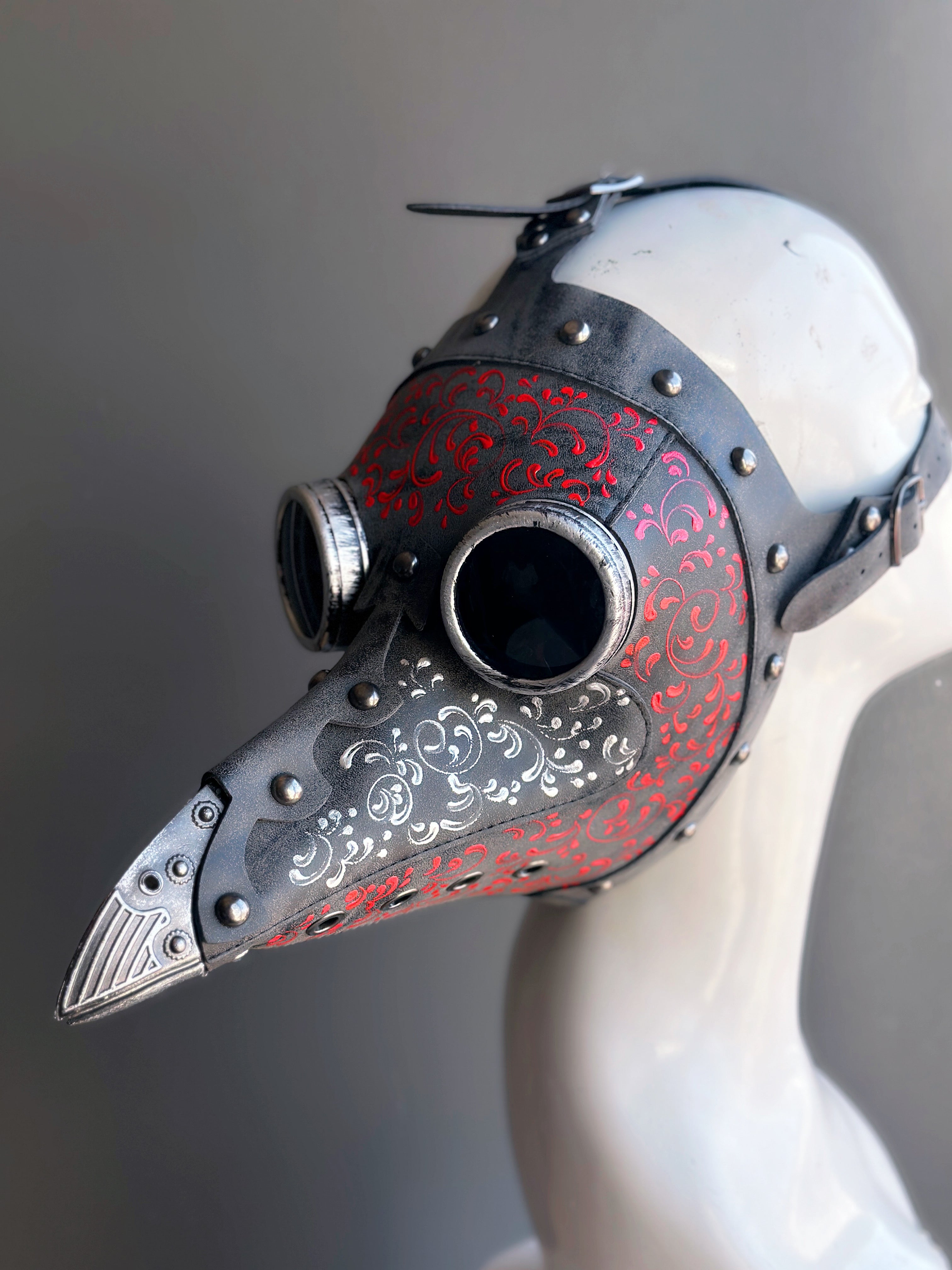
FAQs
What is the History of The Plague Doctor Outfit?
The plague doctor attire was designed by Charles de Lorme, King of France's personal physician, as a protective suit in 1619, drawing inspiration from a soldier's full body armor but making it appropriate for medicinal purposes. The attire was put to use in Paris for the first time and, soon became widespread throughout Europe.
This popular plague doctor costume ensemble is based on an original engraving by Paul Fürst done in 1656 of the Der Doctor Schnabel von Rom or Doctor Beak of Rome. It shows this most unusual long robe attire worn by Plague Doctors who served as public servants at the time in any city willing to employ their services of assisting victims of the plague. They used plague masks with a beak is filled with aromatic substances used to fight miasmas or unpleasant smells floating in the air, which that the time was considered to be the cause of the disease. The staff in his hand was used to examine and prod patients from a certain distance and not touch with hands.






